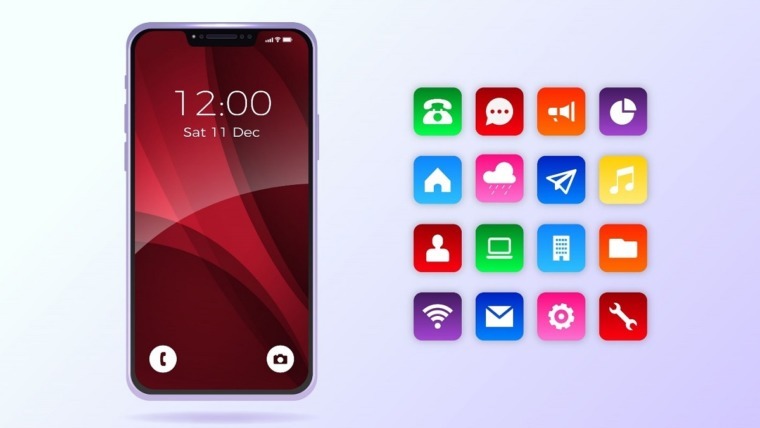
Written by Grace Conyers
People use social media to connect with loved ones, people they admire, and search for and share ideas. Unfortunately for science communicators, social media is full of fast paced entertainment. If it’s not entertaining, most people won’t pay attention to it, let alone engage with the posts. If they aren’t engaged, it’s almost guaranteed they won’t come back. Thus, scientists and science communicators are faced with an interesting problem: lower the quality and depth of their communication in order to accommodate the short attention spans of their potential audience... or talk over a majority of the people’s heads.
If you are every looking for explanations about something on the internet or just come across something that makes you curious, here’s what you’re up against to find good information that will definitely keep you in the know.
Understand Quality Versus Entertainment
Many people that are trying to use social media as a medium to communicate science topics, tend to focus on entertaining in order to maximise the likes and shares. On social media the point is to reach as many people as possible so you can get as many views as possible. The way that works behind the scenes is to get people to engage in some way so the platform algorithms recommend it more.
It’s well known in the science industry that the average person will respond and engage with things that entertain them or things that anger them. It doesn’t matter if it’s accurate or valuable, so many posts across all types of social media are geared to getting people to react. That means some science communicators are often instructed to make it short and catchy without giving explanations on how things work.
Then There Is Entertainment Versus Value
There are many low quality but catchy social media pages that are for merely entertainment purpose. You can tell who they are by the fact that they don’t produce any of their own material. They often repost other people’s stuff without crediting them, have no context or information, and often have “follow us for more” in their descriptions. Sure, they are catchy and exciting, but it’s hard to use them for information or teaching our children.
On the flip side, many science communicators talk to each other and scientists, not the public 1. These types of pages don’t take the time to explain things to make it easier for someone outside their field of interest to digest. These kinds of pages are admittedly fairly lacklustre and boring. Even I, as a scientist, don’t particularly enjoy those types of pages.
That means if you’re looking for information, go for the individuals and companies that are talking a bit over your head. Ask them questions – they are talking about it freely on social media to connect, and they will be delighted to explain further.
Understand That Accuracy Of Info Is Hit Or Miss.
We all know that there are limits on social media. On Twitter you have to say stuff in 300 characters or less, and if you need to create a thread you run the risk of things getting lost. Instagram pages run the risk of people not opening up the description to read more. Facebook pages are penalised if they don’t have high engagement, so they run the risk of being ignored, while sharing them with people runs the risk of being labelled as spam. Pinterest is great for images, but the text portion is optimised for SEO keywords, not informative descriptions.
That’s pretty much all the major social sites that most people use. Did you notice they have limitations on what can make things useful for you?
That’s why accuracy is often hit or miss on a social media page for information. There is nothing you can do about it but be mindful of how the platform algorithms work and how they are feeding you information they think you want to see.
Make Socials Work For You
Whether your looking for health, science experiments, the latest workouts, or DIYs, social media is a wealth of ideas. Social media is best used for inspiration and recommendations for friends, not true information.
When you do find a channel you enjoy, acknowledge what kind it is. Is it for entertainment? Is it to further your career? Is it so you can communicate with your child’s nerdy interests? Enjoy it for it’s purpose.
If you’re looking for information, though, dive deeper. Look for the normal question words to be answered – and ask if they aren’t answered in the post. Seriously. Most science communicators and scientists will gladly explain anything you want to know.
1. Conyers, G. Science is for everyone ─ not just scientists. Get Inked -- Insanitek Science Communication https://insanitek.net/science-everyone-not-just-scientists/ (2017).
How Science Is Utalising Social Media How Science Is Utalising Social Media How Science Is Utalising Social Media How Science Is Utalising Social Media How Science Is Utalising Social Media



